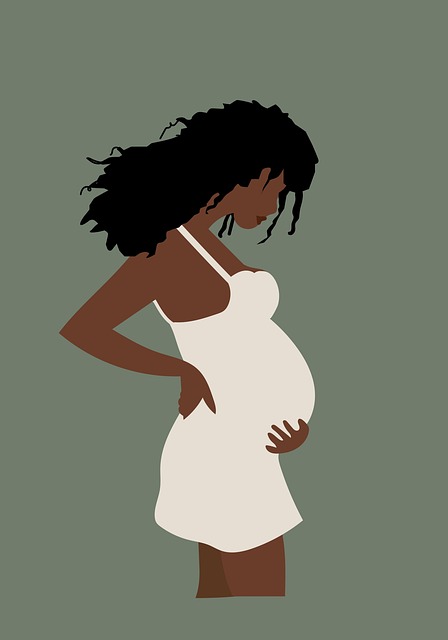You know, at our little corner of the internet, we often get all sorts of questions about what to watch out for during pregnancy. Most of the time, folks ask about common stuff like medications, vitamins, and alcohol. But, every so often, we get some unique queries—like the one from a mom-to-be in Arizona who asked, “What happens if a pregnant person gets bitten by a rattlesnake?”
Immediate Action Required
Let’s start with the basics: if you get bitten by a rattlesnake, you need to seek medical help immediately, no matter if you’re pregnant or not. Symptoms can range from pain and swelling at the bite site to nausea, swelling in the mouth and throat, trouble breathing, and potential bleeding issues. It’s crucial not to attempt self-treatment; getting proper care quickly can help prevent serious complications like blood clots.
Complications During Pregnancy
Speaking of complications, pregnant individuals are already at a higher risk of blood clots—five times more likely, in fact! These clots can disrupt blood flow to the pregnancy and may even lead to life-threatening conditions like pulmonary embolism. Other risks include miscarriage, stillbirth, poor fetal growth, and more. So, if a rattlesnake bite happens, it’s essential to consider factors like how much venom was injected, the stage of pregnancy, and how quickly medical treatment is started.
Research and Case Reports
There isn’t a ton of research on rattlesnake bites during pregnancy, but there are some case reports indicating potential issues like hydrocephalus, bleeding in the skull, and even miscarriage. While these reports don’t definitively connect snake venom to these outcomes, they highlight the importance of prompt treatment.
Treatment Options
Now, let’s talk about what treatment might look like. Typically, treatment for rattlesnake bites may include antivenom, which neutralizes the venom’s effects, and monitoring blood clotting through lab tests. For pregnant individuals, healthcare providers may also monitor fetal movement or heart rate closely. There have been cases of healthy births following antivenom treatment, and while we don’t have exhaustive data, the benefits of treating a rattlesnake bite generally outweigh the risks associated with leaving it untreated.
Conclusion
In summary, if a pregnant person is bitten by a rattlesnake, it’s crucial to get medical help right away. While we still have a lot to learn about the implications of rattlesnake bites during pregnancy, treatment and monitoring are essential to safeguard both the pregnant person’s and the baby’s health. For more info on this topic, check out the Arizona Poison and Drug Information Center. And if you’re planning for your baby’s first birthday, we have some fun tips in our post here. Plus, if you’re considering home insemination, make sure to check out the essential kits available at Make a Mom.

